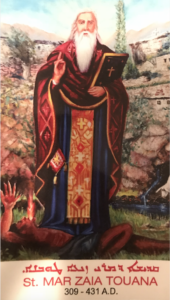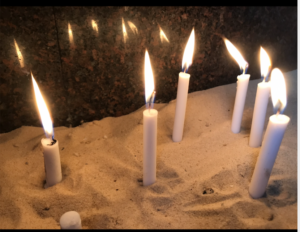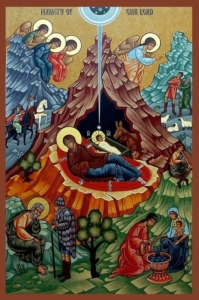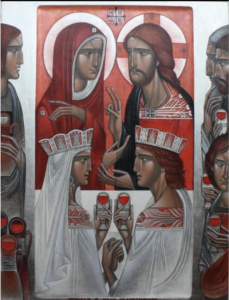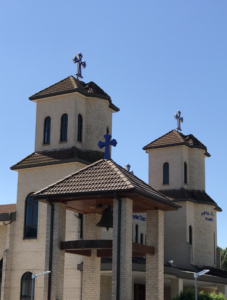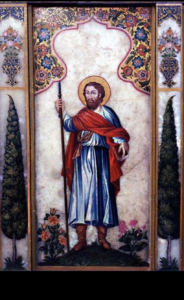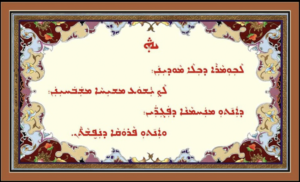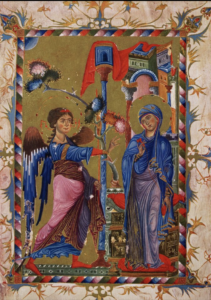In truth, to know oneself. . .
In truth, to know oneself seems to be the hardest of all things. Not only our eye, which observes external objects, does not use the sense of sight upon itself, but even our mind, which contemplates intently another’s sin, is slow in the recognition of its own defects.
-St Basil The Great
